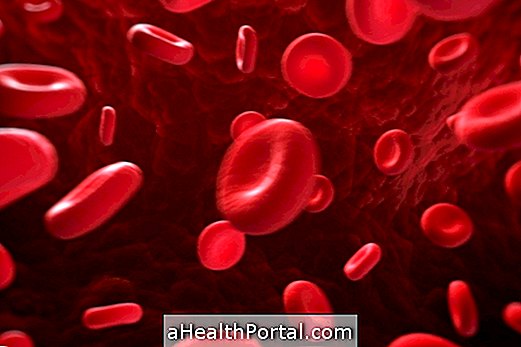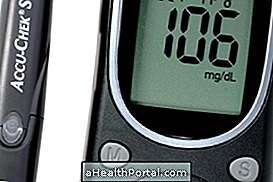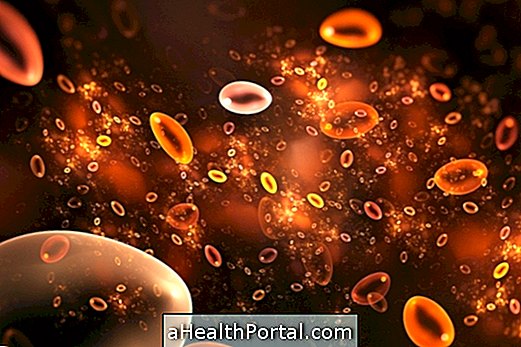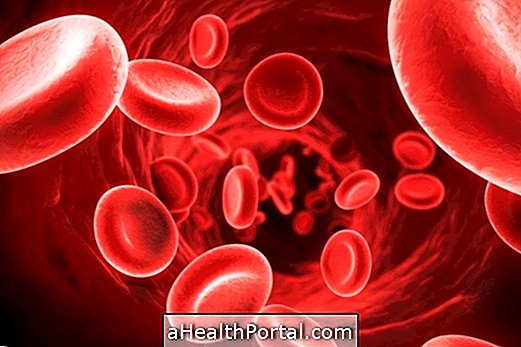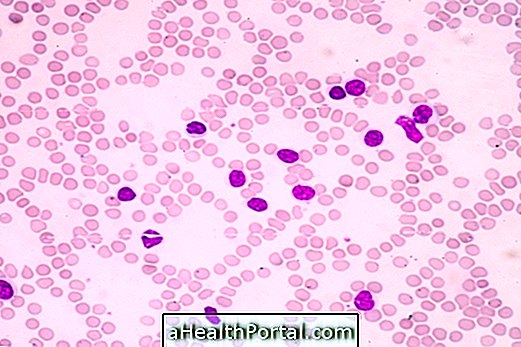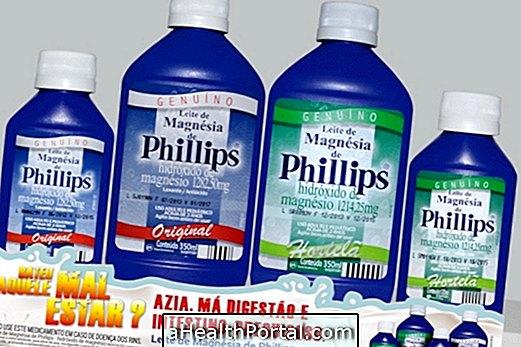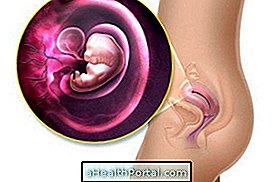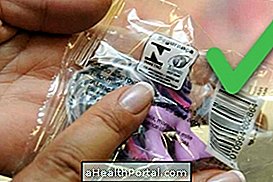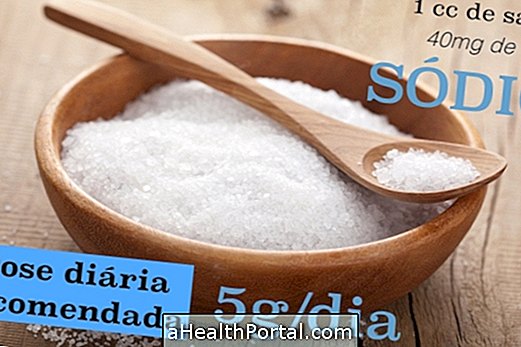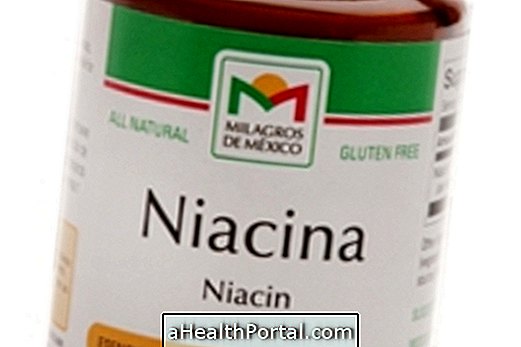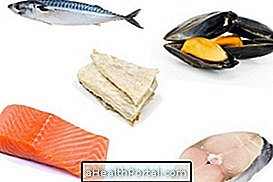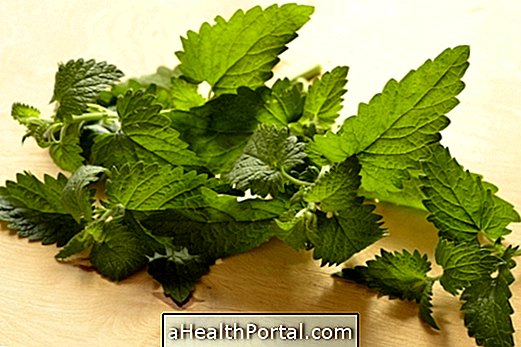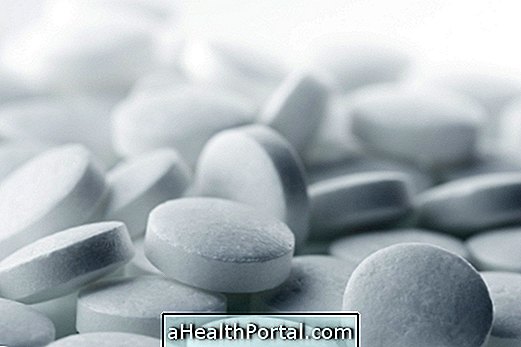To treat the gout disease, scientifically called Gouty Arthritis, it is recommended to take medications that act on uric acid, such as Colchicine, Allopurinol or Probenecid, which decrease uric acid in the body, accumulation of urates in the joints, as well as preventing crises.
Already during a gout crisis, where there is intense inflammation and pain in the joint, the doctor usually directs the use of anti-inflammatory medications. The person who has this disease should also have some care with their food throughout life to avoid worsening symptoms and complications that gout can generate, such as joint deformities and impairment of kidneys, for example.
Gout is an inflammatory arthritis that can cause a lot of pain during crises, which arises abruptly, caused by the crystallization of uric acid that deposits inside the joints, usually in people who have high uric acid. Understand what causes gout and what the symptoms are.

Treatment with medicines
The treatment of gout can be guided by the rheumatologist or the general practitioner, and can vary if the person is in a crisis situation or if it is a maintenance treatment of the disease. The recommendations for each case are:
1. Treatment of gout attacks
To treat a gout crisis, also called acute gout, the doctor will guide medications that help to quickly relieve inflammation. The main ones include:
- Anti-inflammatories, such as Naproxen, Ketoprofen, Ibuprofen or Indomethacin, for example: are indicated to relieve the symptoms of arthritis, soon after the onset of symptoms, and should be maintained until resolution of the crisis, for about 1 week;
- Corticosteroids, such as Prednisone, Prednisolone, Methylprednisolone or Triamcinolone, for example: also have an anti-inflammatory effect, and can be used in tablets or injections that can be intramuscular or can also be applied directly to the affected joint, helping to obtain a response faster and more effective;
- Colchicine : is another type of anti-inflammatory indicated to help relieve the gout crisis quickly, and its effect is best when started even in the early hours of the onset of the crisis. Learn more about how it works and how to use it in Colchicina.
These medicines should be used with caution, as advised by your doctor, as they may cause side effects such as nausea, vomiting, diarrhea or increased risk of gastric bleeding, especially if used incorrectly.
2. Control of uric acid
After resolution of the gout crisis, preventative treatment can be started to prevent further seizures and lower levels of uric acid in the blood. It is especially indicated whenever the patient experiences two or more seizures per year if he has tophi in the joints, chronic kidney disease or a history of kidney stone due to excess uric acid.
Some of the medicines used include:
- Allopurinol : is the main drug used to control the levels of uric acid in the blood, reducing its levels and the possibility of accumulation in the joints;
- Uricosuric remedies, such as Probenecid: help increase the elimination of uric acid through the urine.
Other newer drugs such as Febuxostat or Pegloticase are potent inhibitors of uric acid formation, and are also an option for treatment if the others can not be used due to allergies or intolerances, for example. Also check out how to identify and combat high uric acid.
Home Treatment Options
The home treatment recommended during gout attacks, which complement the treatment with medicine indicated by the doctor, is to perform ice packs on the affected joint 2 to 3 times a day for 5 to 10 minutes.
To combat gout crises it is also useful to take teas prepared with dandelion, cherry, horsetail or corn beard, as these medicinal plants have the ability to lower the concentration of uric acid in the blood. Simply put 1 teaspoon of dried leaves of one of these medicinal plants in a cup of tea and cover with boiling water. Then cover, let rise, strain and drink the following. Check out more recipes on home remedies for gout.
In addition, to treat gout and prevent new seizures, it is recommended to lose weight by reducing caloric intake and performing physical activity, avoiding the consumption of alcoholic beverages, and avoiding the use of unnecessary diuretic medicines, as these tend to increase uric acid concentration and may increase the chances of gout crisis.
Gout Feed
In gout food, it is recommended to avoid high-protein foods such as shellfish, young meats, and viscera, as they play a role in purine metabolism and tend to increase the concentration of uric acid in the blood.
Another important tip is to drink plenty of water, at least 1.5 L per day and avoid alcoholic beverages, especially beer, giving preference to the consumption of milk and low-fat yogurts.
Watch the video to fit your diet:

